Smartphones have become an inseparable part of modern life, revolutionizing communication, work, and entertainment. However, excessive smartphone use (ESU) has been linked to various negative consequences, including addiction-like behaviors, impaired mental health, and diminished attention spans. Recent studies suggest that smartphone-related cues can trigger neural responses similar to those seen in substance addiction, reinforcing compulsive usage patterns. Understanding the effects of smartphone restriction on cue-related neural activity can provide valuable insights into developing interventions for individuals struggling with ESU.
The Role of Cue Reactivity in Smartphone Use

Cue reactivity (CR) refers to the brain’s response to stimuli associated with a habitual or addictive behavior. In the case of smartphone use, cues may include notification sounds, phone screens lighting up, or simply seeing a smartphone in one’s environment. These cues can activate reward-related brain regions, reinforcing the compulsive urge to check the device.
Research has shown that individuals with excessive smartphone use exhibit heightened neural responses to smartphone-related cues, similar to those observed in substance addiction. This heightened sensitivity may contribute to difficulty in controlling smartphone usage, leading to a cycle of compulsive checking and craving.
Investigating Neural Activity Changes Through Smartphone Restriction
To better understand how short-term smartphone restriction influences brain activity, researchers conducted a study using functional MRI (fMRI) to measure changes in cue-related neural responses over 72 hours of smartphone abstinence. The study involved 25 young adults who were regular smartphone users.
Video : What Happens To Your Brain When You Mindlessly Scroll?
Study Design and Methods
- Participants were instructed to refrain from using their smartphones for 72 hours.
- A cue-reactivity task was designed, where participants were exposed to images of smartphones (both active and inactive) as well as neutral objects.
- Functional MRI scans were conducted before and after the restriction period to analyze changes in brain activity.
- Psychometric assessments were used to measure craving, self-control, and emotional responses associated with smartphone use.
Key Findings: How the Brain Adapts to Smartphone Restriction
1. Reduced Activation in the Reward System
One of the most striking findings was a significant reduction in activity in the nucleus accumbens and anterior cingulate cortex after 72 hours of smartphone restriction. These brain regions are heavily involved in reward processing and habit formation.
- The nucleus accumbens is associated with motivation and reinforcement learning. High activation in this area suggests strong craving and compulsive behavior.
- The anterior cingulate cortex plays a role in decision-making and impulse control. Reduced activity here indicates that participants may have experienced less compulsion to check their smartphones.
These findings suggest that even a short break from smartphone use can lead to neuroplasticity, allowing the brain to become less reactive to smartphone-related cues.
2. Alterations in Dopamine and Serotonin-Linked Activity
Further analysis using neurotransmitter probability maps revealed that activity changes in the reward system were closely linked to dopamine and serotonin receptor probabilities.
- Dopamine is a key neurotransmitter in reward-seeking behavior and addiction.
- Serotonin is involved in mood regulation and impulse control.
The findings suggest that smartphone restriction may influence neurochemical processes that drive compulsive behaviors. This could explain why some people feel withdrawal-like symptoms, including restlessness and anxiety, when they suddenly stop using their phones.
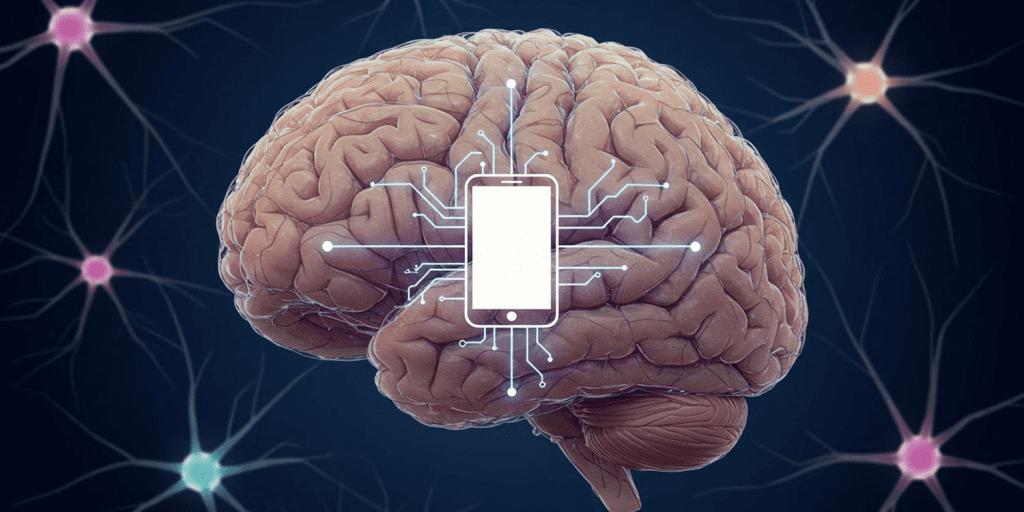
3. Increased Engagement of the Parietal Cortex
Another notable result was the increased activity in the parietal cortex, a region associated with attentional control and sensory processing.
- This suggests that participants became more aware of their environment and less preoccupied with smartphone-related distractions.
- Heightened parietal cortex activity was correlated with reduced craving scores, indicating improved cognitive control over impulsive smartphone use.
This supports the idea that limiting smartphone use can enhance focus and attentional regulation, reducing dependency on digital devices.
4. Reduced Compulsive Checking Behavior
Behavioral assessments showed that participants experienced a significant decrease in the urge to check their smartphones over time. This aligns with the observed neural changes in reward sensitivity and impulse control.
Participants also reported improvements in:
- Sleep quality: Reduced exposure to blue light and nighttime scrolling led to better sleep patterns.
- Social interactions: Without constant phone distractions, participants engaged more with people around them.
- Mental well-being: Several individuals noted feeling less anxious and more present in their daily activities.
Implications for Smartphone Addiction and Digital Detox Strategies
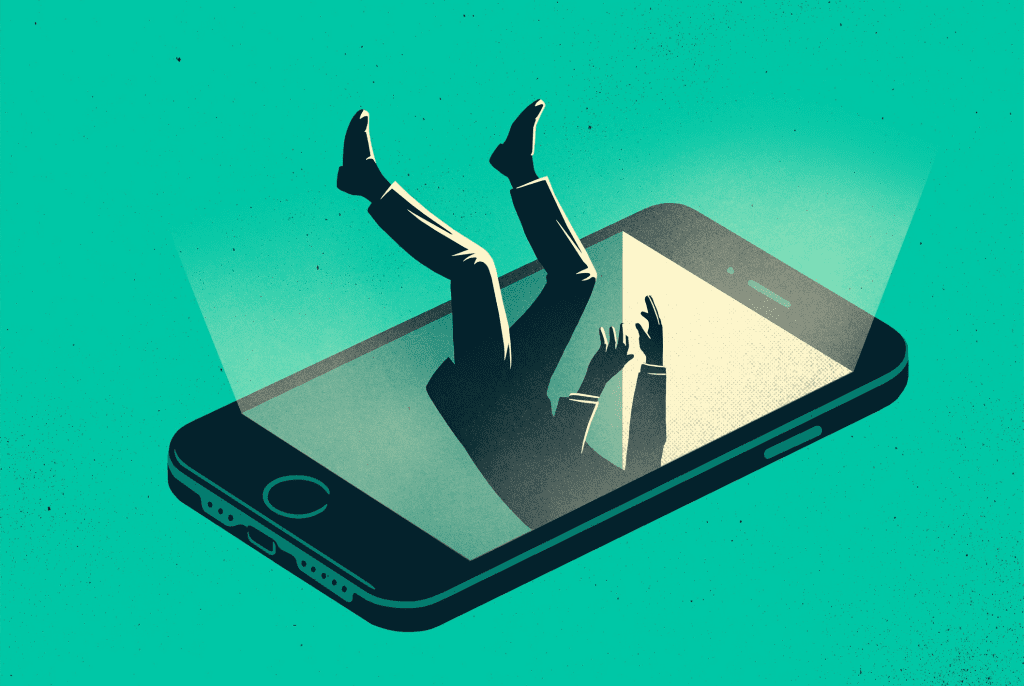
The findings of this study have significant implications for individuals struggling with excessive smartphone use. While a complete break from smartphones may not be feasible for everyone, implementing digital detox strategies can help manage usage and mitigate negative effects.
1. Scheduled Smartphone Breaks
- Taking regular breaks from smartphone use, even for a few hours a day, can help reset neural responses to digital cues.
- Setting specific times for checking messages rather than responding to every notification can reduce compulsive checking.
2. Mindful Technology Use
- Practicing conscious smartphone use by turning off unnecessary notifications and using grayscale mode can help decrease reliance on digital stimuli.
- Engaging in non-digital hobbies, such as reading, exercise, or meditation, can strengthen attention control and reduce smartphone dependency.
3. Sleep Hygiene and Nighttime Restrictions
- Avoiding smartphone use one hour before bed can improve sleep quality by preventing blue light exposure.
- Using do not disturb or airplane mode at night can minimize the temptation to check notifications.
4. Awareness Campaigns and Education
- Schools, workplaces, and mental health professionals can promote awareness of the impact of excessive smartphone use on brain function.
- Implementing digital wellness programs can encourage balanced technology use.
Video : Cell Phones Affect Brain Activity

Conclusion: How Smartphone Restriction Reshapes the Brain
The study provides compelling evidence that even a short period of smartphone restriction can lead to measurable changes in brain activity. The observed reductions in reward-related neural responses, coupled with increased attentional control, suggest that limiting smartphone use can promote cognitive flexibility, impulse control, and overall mental well-being.
As smartphone addiction continues to be a growing concern, understanding the neurological basis of cue-reactivity and digital dependency is crucial. These findings highlight the importance of incorporating healthy technology habits to ensure that smartphones remain tools for convenience rather than sources of compulsive behavior.
By making small adjustments in smartphone usage, individuals can foster better focus, improved mental clarity, and greater overall life satisfaction. So, why not start with a 72-hour break and see how your brain adapts?
To Save My Father, I Pretended to Be a Stranger’s Fiancée, But I Never Expected to Fall for the Wrong Brother — Story of the Day

I was drowning in hospital bills when a stranger in a suit offered me a deal: pretend to be his fiancée, and he’d save my father’s life. I had no choice but to say yes. Then I met his brother…
The day started like any other, but by noon, my entire world had collapsed.
My phone buzzed just as I was locking my apartment door. I almost didn’t answer: spam calls had been relentless lately, but something made me pick up.

For illustration purposes only | Source: Midjourney
“Miss Carter?” The voice was calm and professional. “This is Dr. Reynolds. I’m calling about your father.”
“Is he okay?” My voice cracked on the last word.
There was a pause, a measured breath. “His condition has worsened. He needs surgery immediately. Without it… his chances are low.”
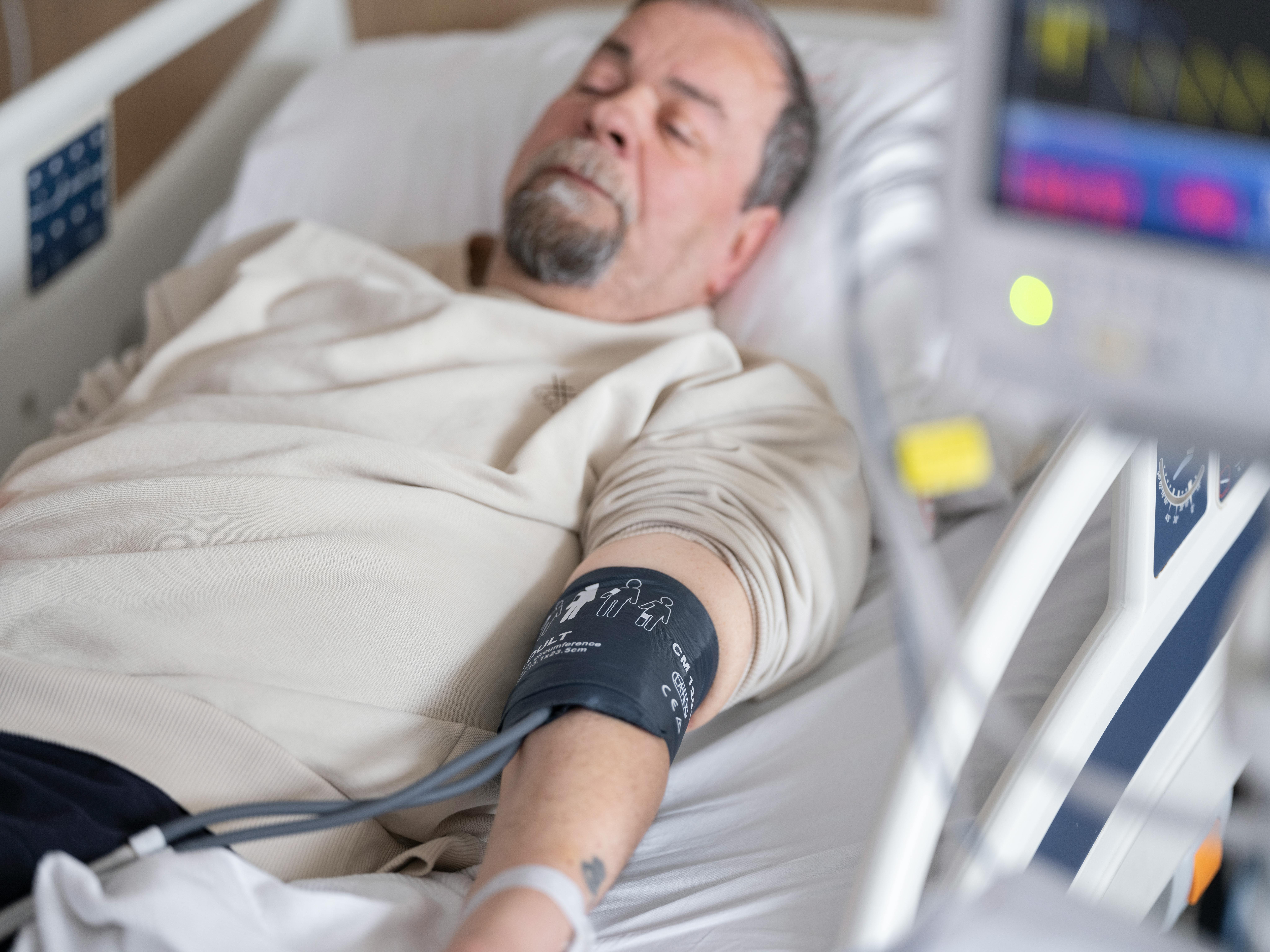
For illustration purposes only | Source: Pexels
I pressed my back against the doorframe, gripping the phone so hard my fingers ached.
“How much?”
The number crashed over me like a tidal wave. Too high. Impossible. I barely heard anything after that.
I just murmured a weak “I’ll figure it out” before ending the call.

For illustration purposes only | Source: Midjourney
But I had nothing. No savings. No family to ask for help. Just a café job that barely covered rent.
By the time I arrived at work, my chest felt hollow. I barely noticed the smell of coffee beans or the familiar chime of the bell as I pushed through the door. I made a beeline for my manager.
“Lisa, I… I need an advance. Please. Anything you can spare.”
Lisa’s face softened, but her hands twisted nervously.
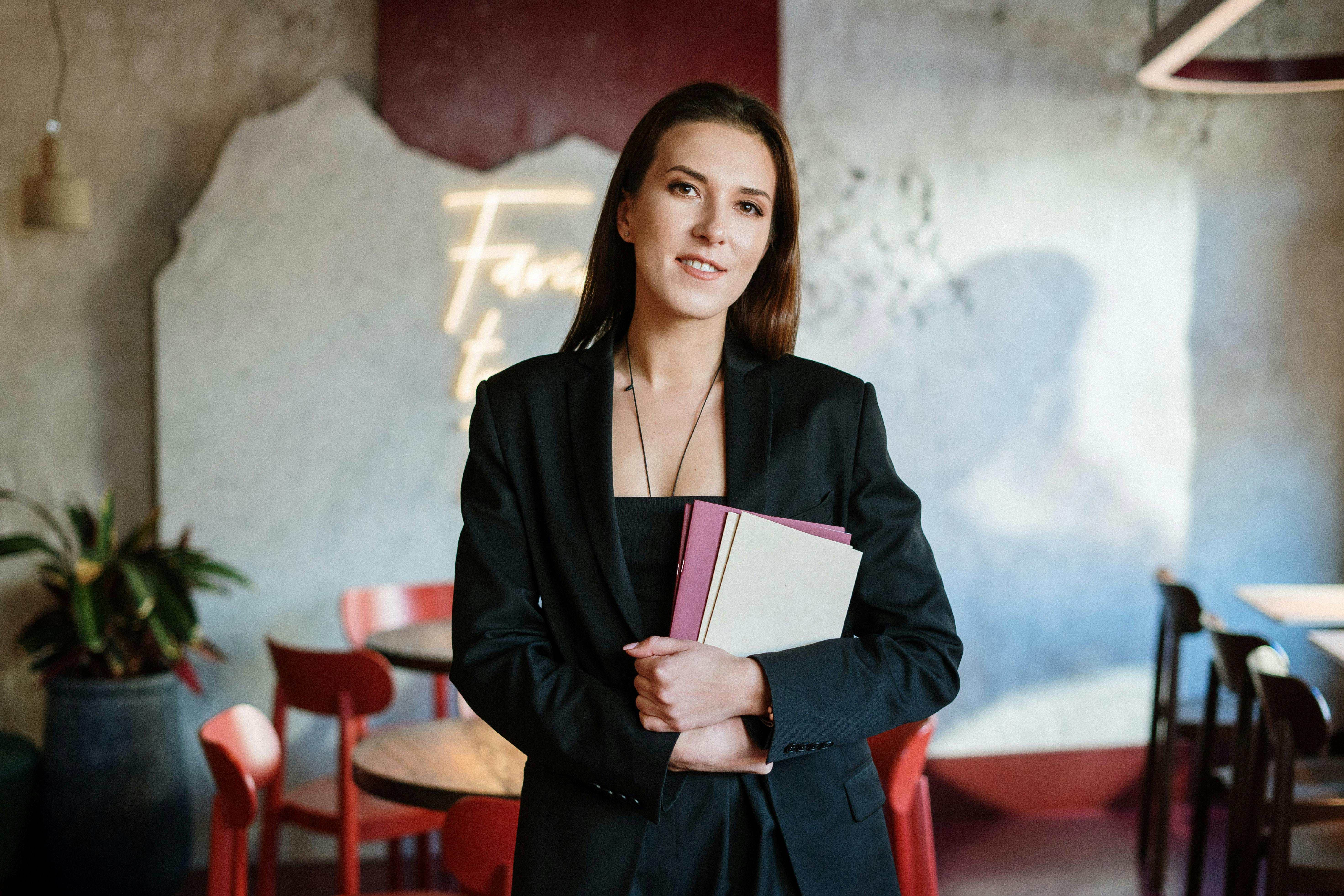
For illustration purposes only | Source: Pexels
“Sophie, I wish I could do more. Two months’ salary is the best I can offer.”
It wasn’t enough. But I forced a nod, blinking hard.
“Thank you. I… I appreciate it.”
The weight in my chest only grew heavier. Two months’ salary wasn’t nearly enough. It wouldn’t even cover half of what I needed.
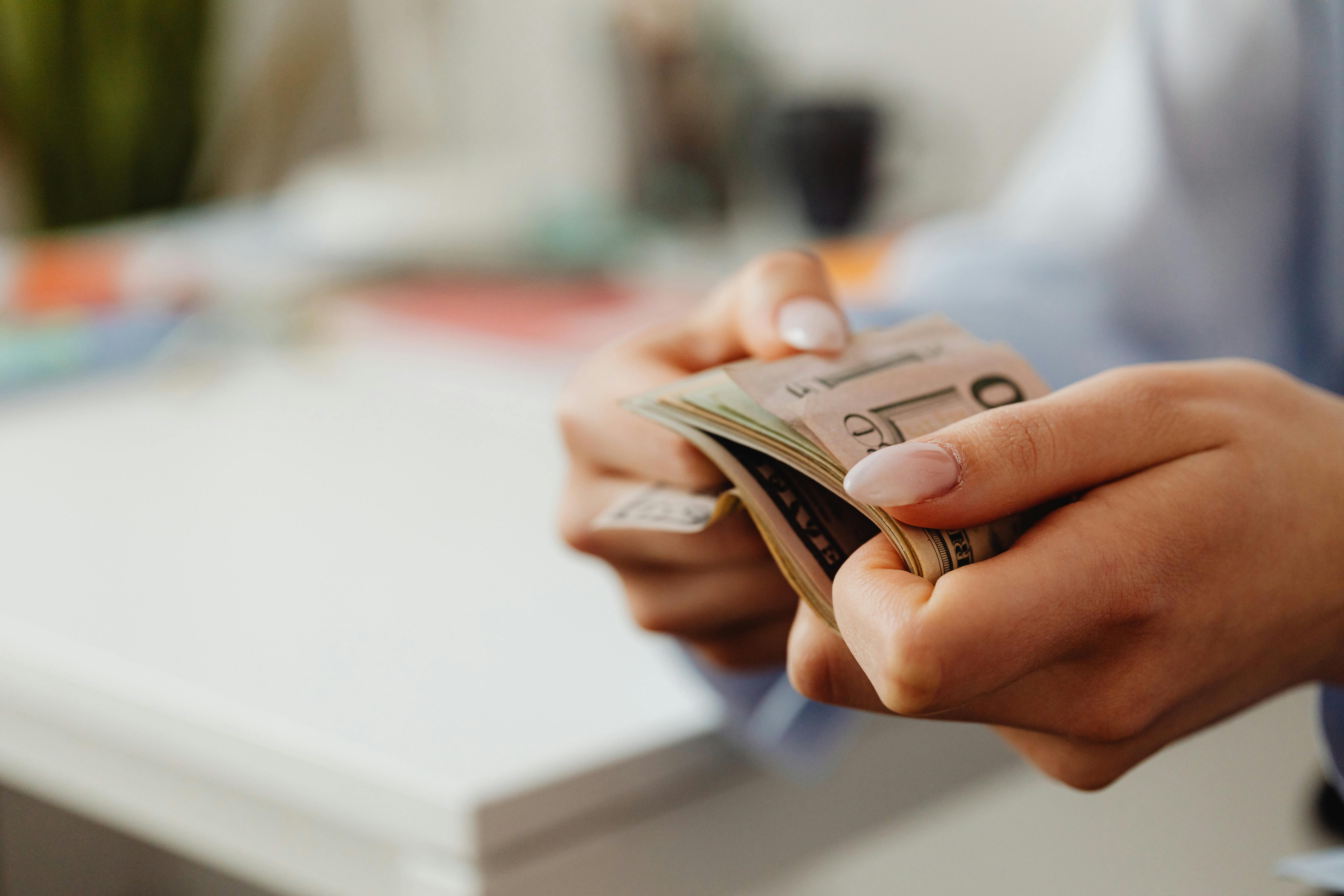
For illustration purposes only | Source: Pexels
I blinked hard, willing the sting behind my eyes to disappear. Crying wouldn’t fix anything. Exhaling shakily, I turned back toward the café floor. And that’s when I felt it.
Someone was watching me.
The sensation crawled up my spine, a quiet, lingering gaze that felt too deliberate to ignore. I glanced up. A man sat near the window, his eyes locked onto me.
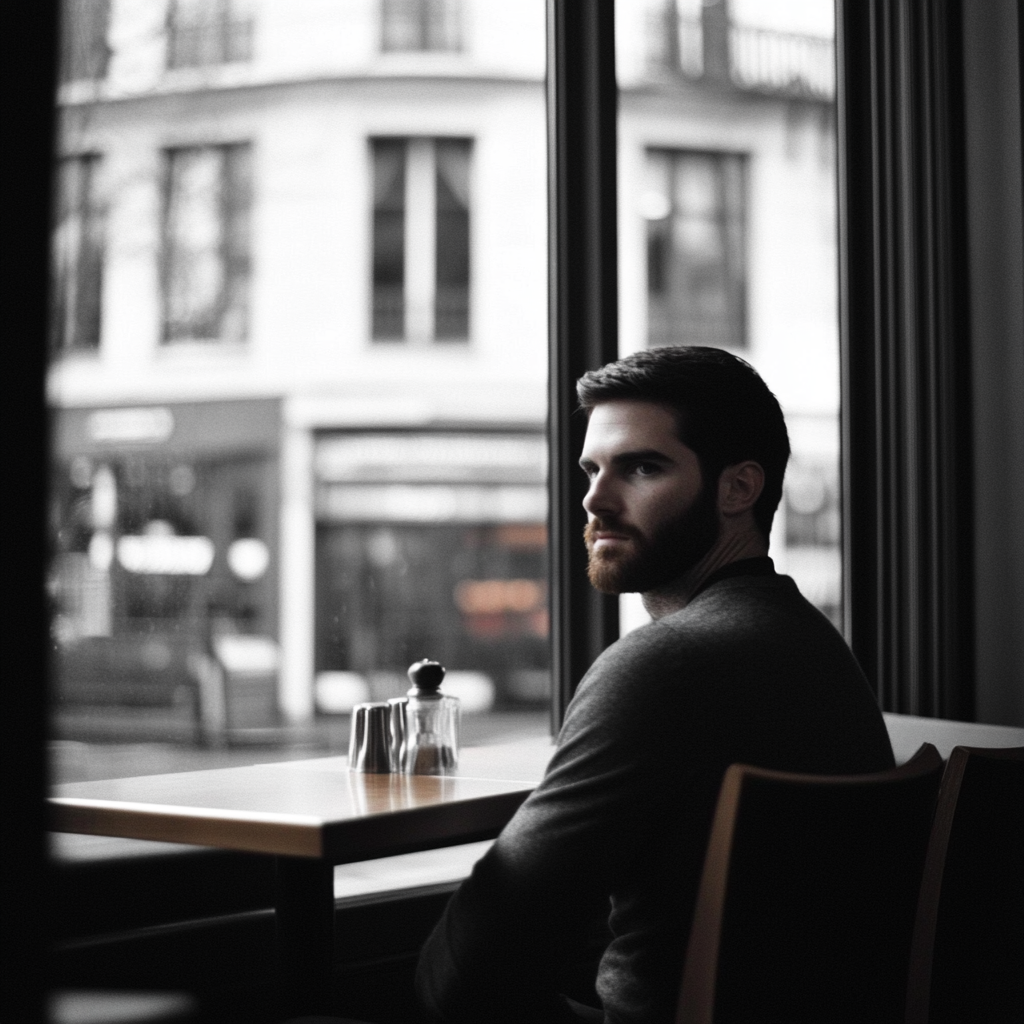
For illustration purposes only | Source: Midjourney
He wasn’t pretending to skim a menu or glance around absentmindedly. He was watching. Listening.
The café wasn’t loud. My conversation with Lisa hadn’t been a whisper. He must have caught every desperate word. Heat rushed to my cheeks.
Who is he?

For illustration purposes only | Source: Midjourney
For months, another man always sat in that spot. We had never spoken beyond polite exchanges, but I noticed him. He never rushed, never buried himself in his phone, never seemed in a hurry to leave.
He always ordered the same thing. Black coffee. No sugar. No cream.
I even started adding an extra cookie to his plate. He never said anything, never questioned it, but he always smiled before leaving.

For illustration purposes only | Source: Pexels
And I had foolishly imagined, just once, that maybe one day he’d do more than smile.
But that day, he wasn’t there. Instead, a different man sat in his place.
Older. Sharper. Dressed in a suit that radiated quiet authority. He stirred his coffee with slow, deliberate movements, his gaze flicking toward me before shifting away.
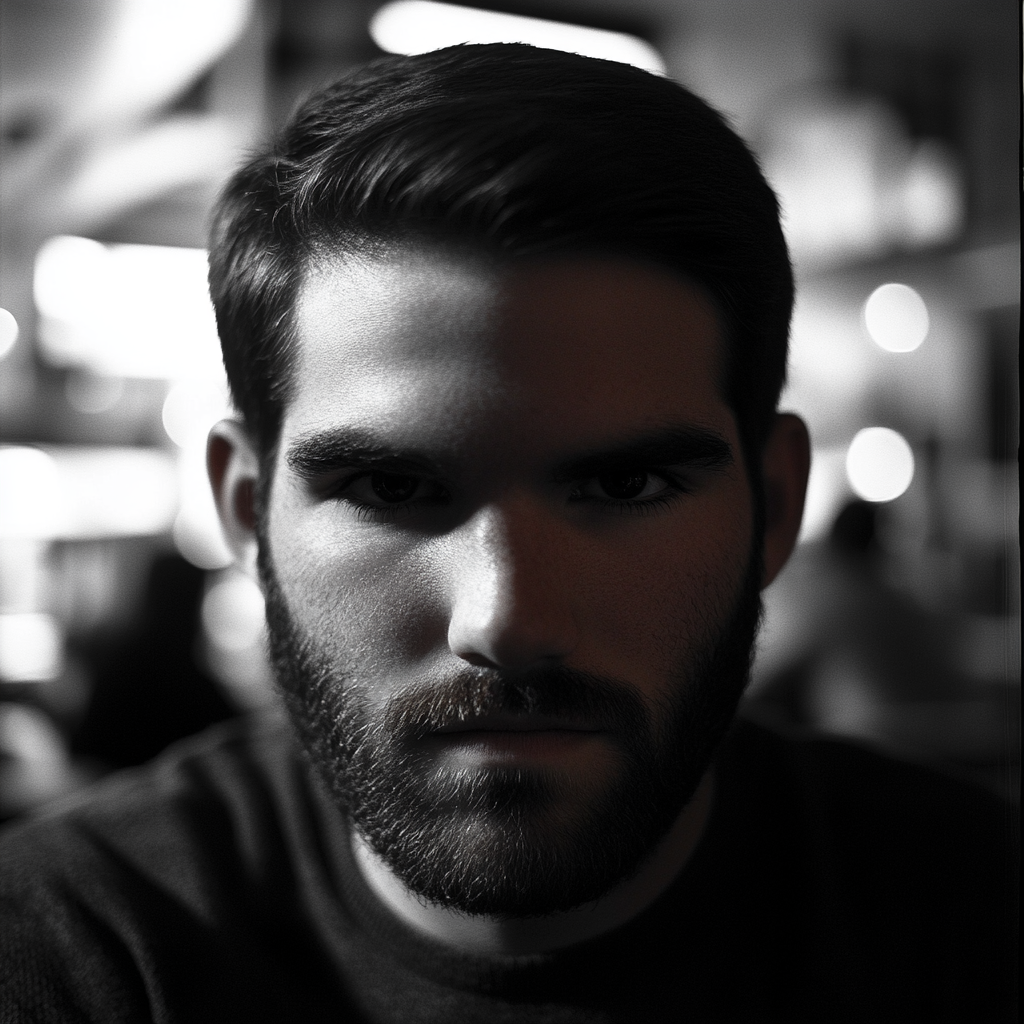
For illustration purposes only | Source: Midjourney
I forced myself to move, to pretend I hadn’t noticed. But my stomach twisted.
I didn’t know who he was. I didn’t know what he wanted.
And I had no idea that by the end of the night, he would change everything.

For illustration purposes only | Source: Midjourney
***
Later that evening, I walked home, my body aching from the long shift, my mind tangled in numbers, hospital bills, and the crushing weight of impossibility. I barely noticed the cold creeping through my thin jacket or the flickering streetlights overhead.
I just kept walking. The streets were quiet, the usual city hum softened by the late hour.
Then, a car slowed beside me.

For illustration purposes only | Source: Pexels
I stiffened, gripping my bag a little tighter. The tinted window rolled down, and a deep, controlled voice called my name.
“Sophie.”
I froze mid-step.

For illustration purposes only | Source: Midjourney
It was him. The man from the café. The one who had taken the seat of my regular customer that day—the one I always brought an extra cookie to.
Every instinct screamed at me, “Keep walking! Ignore him. This is how true crime documentaries start.”
But something about his tone made me pause. It wasn’t commanding. It wasn’t threatening. It was… certain.

For illustration purposes only | Source: Midjourney
“You don’t need to be afraid,” he said, as if reading my thoughts. “I just want to talk.”
I turned, keeping a cautious distance. “Who are you?”
“Steven.”
He leaned slightly toward the open window, his dark eyes sharp, assessing.

For illustration purposes only | Source: Midjourney
“Get in. I’ll explain everything.”
I huffed out a laugh. “Yeah, that’s not happening.”
His lips twitched.
“Fair enough.”
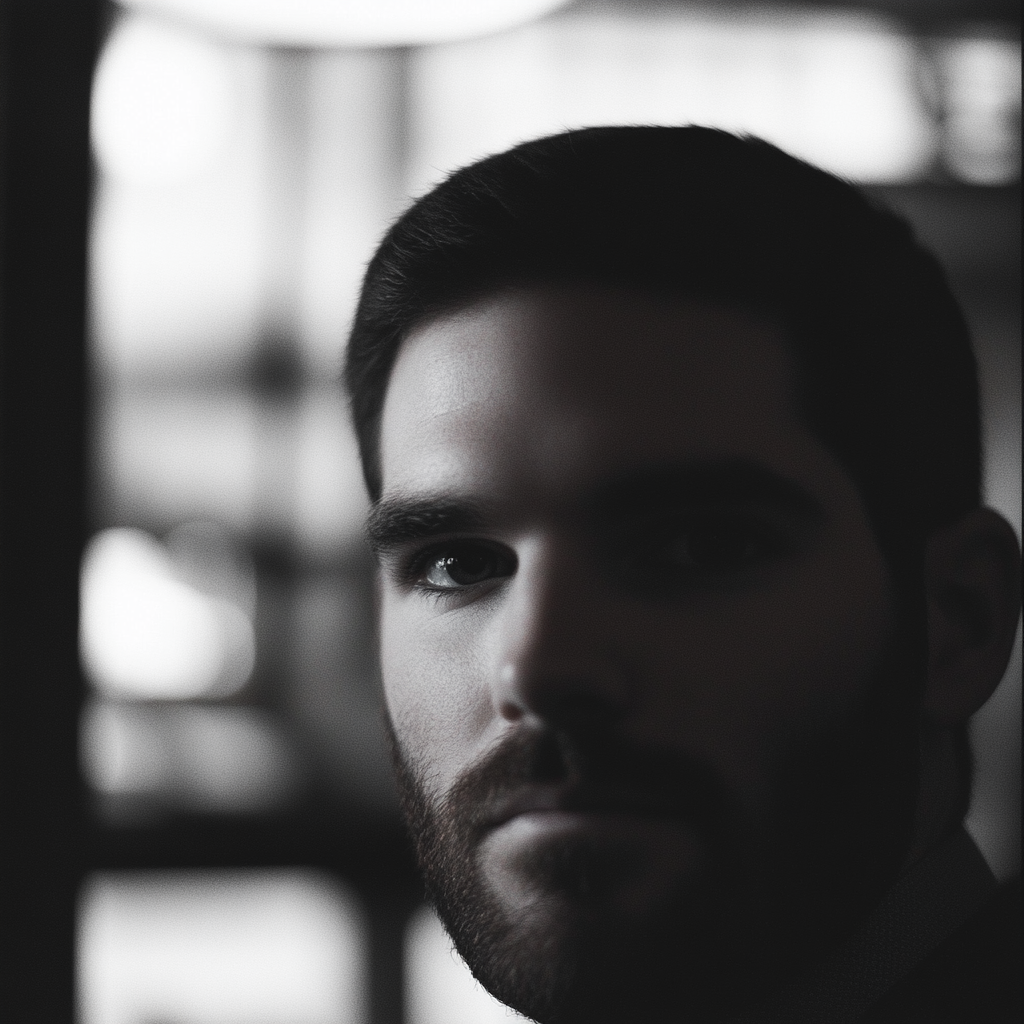
For illustration purposes only | Source: Midjourney
He exhaled, tapping his fingers against the steering wheel. “Then I’ll talk here.”
“I’m listening.”
His gaze met mine.
“My father is handing over control of our family business soon. But there’s a condition—he wants to see me as a settled man. Stable. Engaged.”
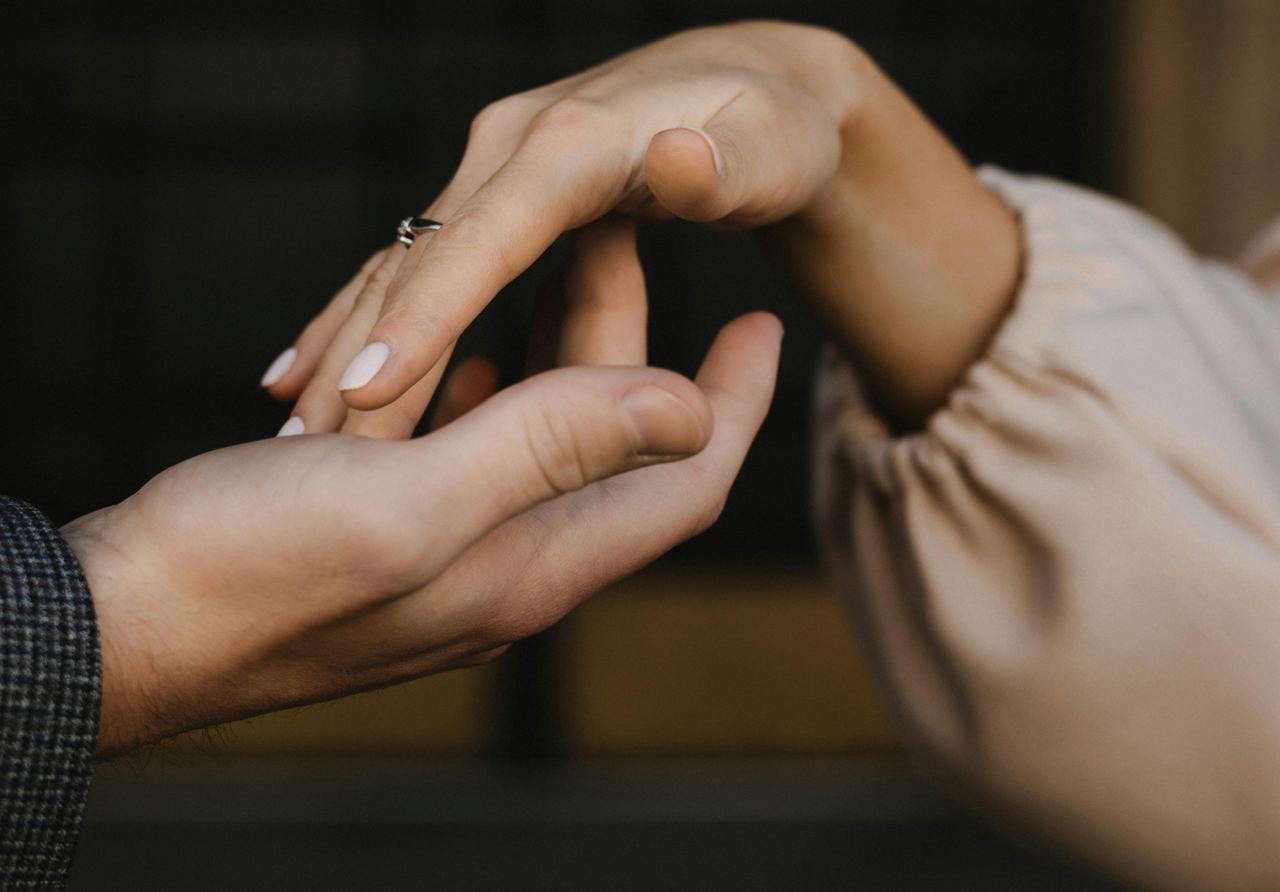
For illustration purposes only | Source: Pexels
“And that affects me how?”
Steven studied me for a moment. Then, with a quiet certainty, he said, “Because I need a fiancée.”
I let out a sharp, incredulous laugh. “You’re joking.”
“I’m not.”

For illustration purposes only | Source: Midjourney
He let the silence stretch just long enough before adding, “And you need money. I heard you talking to your manager.”
My fingers curled into fists. “You were listening?”
“I see an opportunity, I take it. You need money. I need a fiancée. It’s simple.”
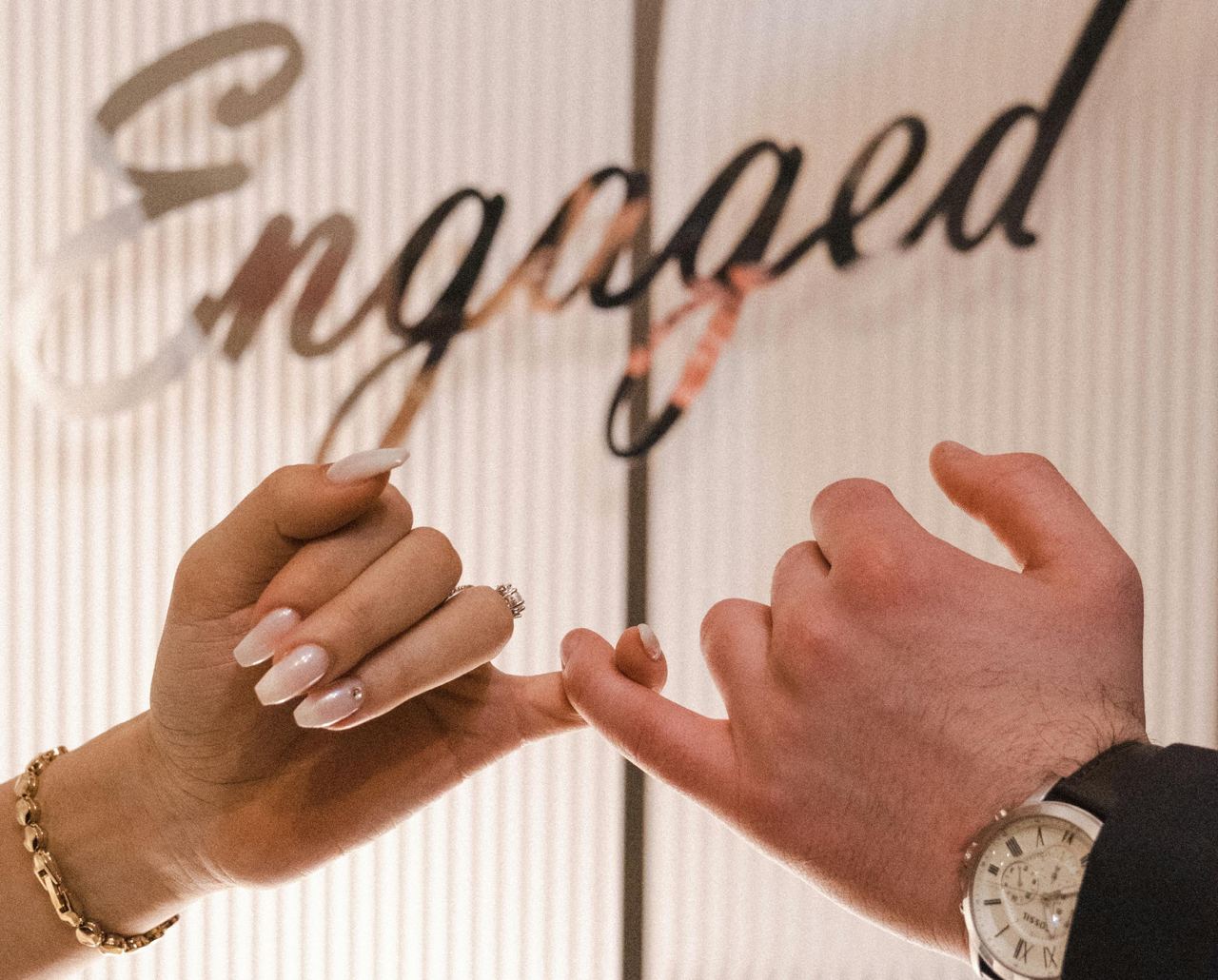
For illustration purposes only | Source: Pexels
Simple. Right. Except nothing about this feels simple at all.
“You… want me to pretend to be your fiancée?”
“A few weeks. Public appearances. My father believes I’ve finally settled down, and in return… I’ll pay for your father’s surgery.”
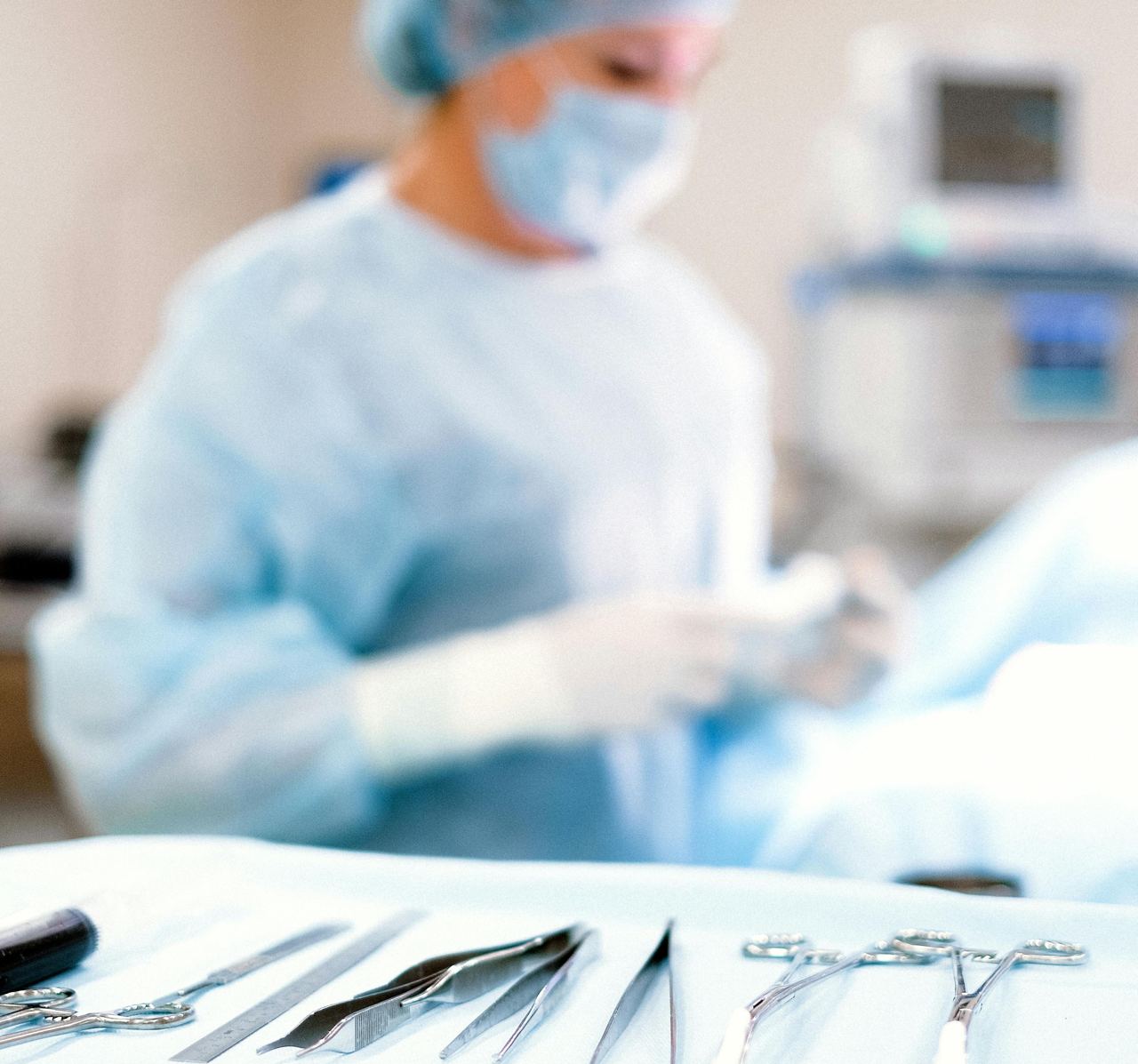
For illustration purposes only | Source: Pexels
I could refuse. Walk away. Pretend this conversation never happened. But then what? My father would suffer. His condition would worsen.
I didn’t remember saying yes. But an hour later, I was in a dressing room, surrounded by silk dresses and designer heels, staring at a reflection I didn’t recognize.
The girl in the mirror looked polished. Elegant. Someone who belonged in Steven’s world.
I wasn’t that girl. But for the following few weeks… I would have to be.

For illustration purposes only | Source: Midjourney
***
Steven’s father’s birthday came. It was our grand debut as a couple.
The mansion was breathtaking. It wasn’t just big, the kind of place you saw in magazines, the kind of house that didn’t feel real.
A live band played soft jazz in the background, and waiters in crisp black uniforms weaved through the crowd with trays of champagne.

For illustration purposes only | Source: Pexels
I kept my shoulders back, my posture perfect, just as Steven had instructed. Every movement mattered. Every glance, every smile. We were on display.
Steven played his part flawlessly. He smiled at all the right moments and whispered small reassurances whenever I hesitated.
“Relax,” he murmured in my ear as we walked further into the room. “You look perfect.”
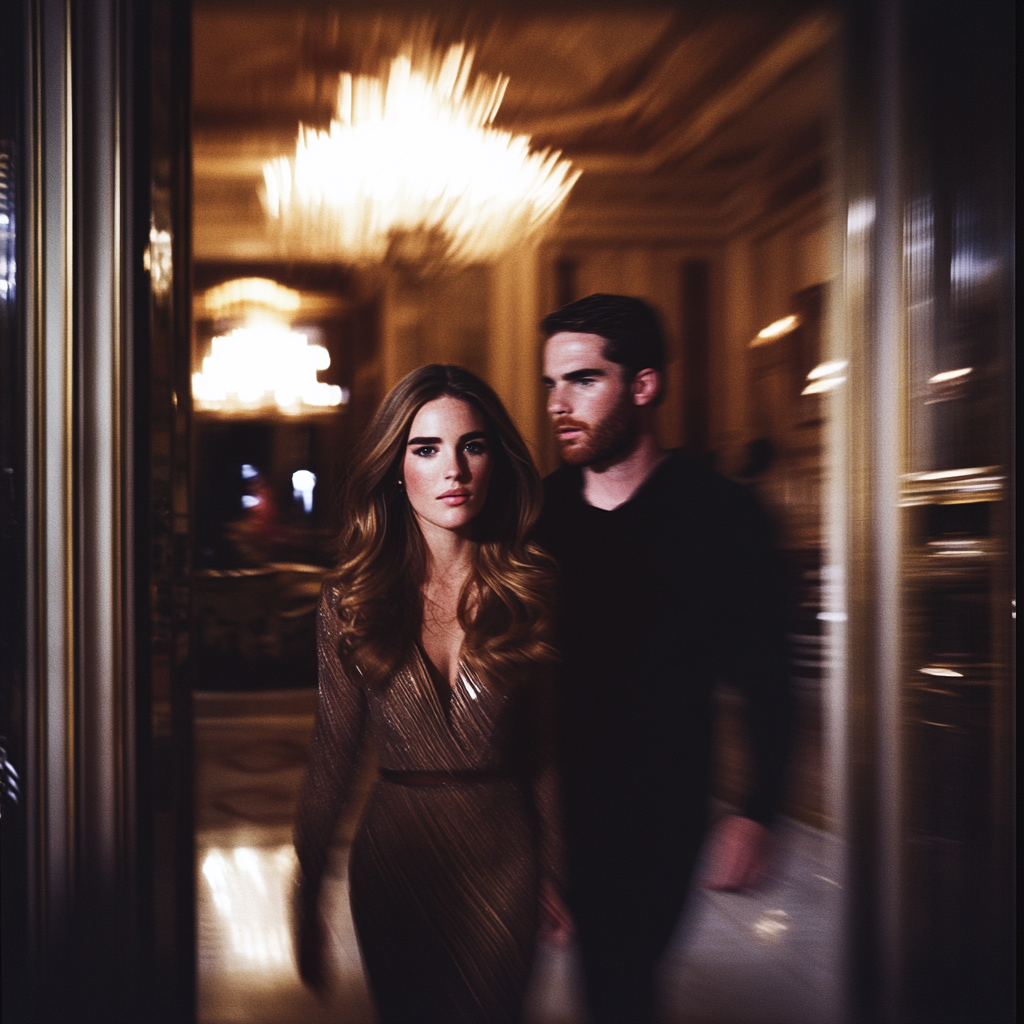
For illustration purposes only | Source: Midjourney
His father, a tall, commanding man approached us. His sharp eyes scanned me from head to toe.
“Father,” Steven said smoothly. “This is Sophie.”
“Ah, so this is the young woman you’ve been hiding from us,” his father said, his voice rich with skepticism. “Lovely.”

For illustration purposes only | Source: Midjourney
And then I saw him. My regular. The man whose absence I had felt that very morning. The one I had secretly admired for months without knowing his name.
But finally, I did. Steven’s father introduced him with a proud smile.
Oliver. Steven’s brother.

For illustration purposes only | Source: Midjourney
His gaze locked onto mine, and I knew instantly—he recognized me too. He didn’t approach right away. He waited. He watched. And then, when the moment was just right, he made his move.
“Fancy seeing you here,” he said casually, stepping closer.
“Oliver…”

For illustration purposes only | Source: Midjourney
“You know, I’ve spent months trying to work up the nerve to ask you out. But it turns out I didn’t need to. My brother beat me to it.”
“I…”
“I came to that café every morning just to see you,” he continued, ignoring my attempt to speak. “I thought maybe one day, I’d stop being a coward and say something. But I never did.”

For illustration purposes only | Source: Midjourney
He let out a quiet laugh. “Instead, I followed you home a few times. Not in a creepy way…”
“Oliver.”
“…just because I couldn’t find the right words.”
I could tell him the truth. I could explain everything and end the lie before it spiraled any further.

For illustration purposes only | Source: Midjourney
But then my father’s face flashed in my mind. The hospital. The money.
I turned away, slipped my hand into Steven’s, and leaned up to kiss him.
The first time a lie had ever tasted so bitter.

For illustration purposes only | Source: Midjourney
***
The next morning, Steven placed a check in front of me.
“Here.”
I stared at the paper. The amount was more than enough to cover my father’s surgery and keep him comfortable for months. My hands trembled as I picked it up. But instead of relief, all I felt was emptiness.
“You are playing your part well. Maybe we should continue this… see if there’s something real between us.”
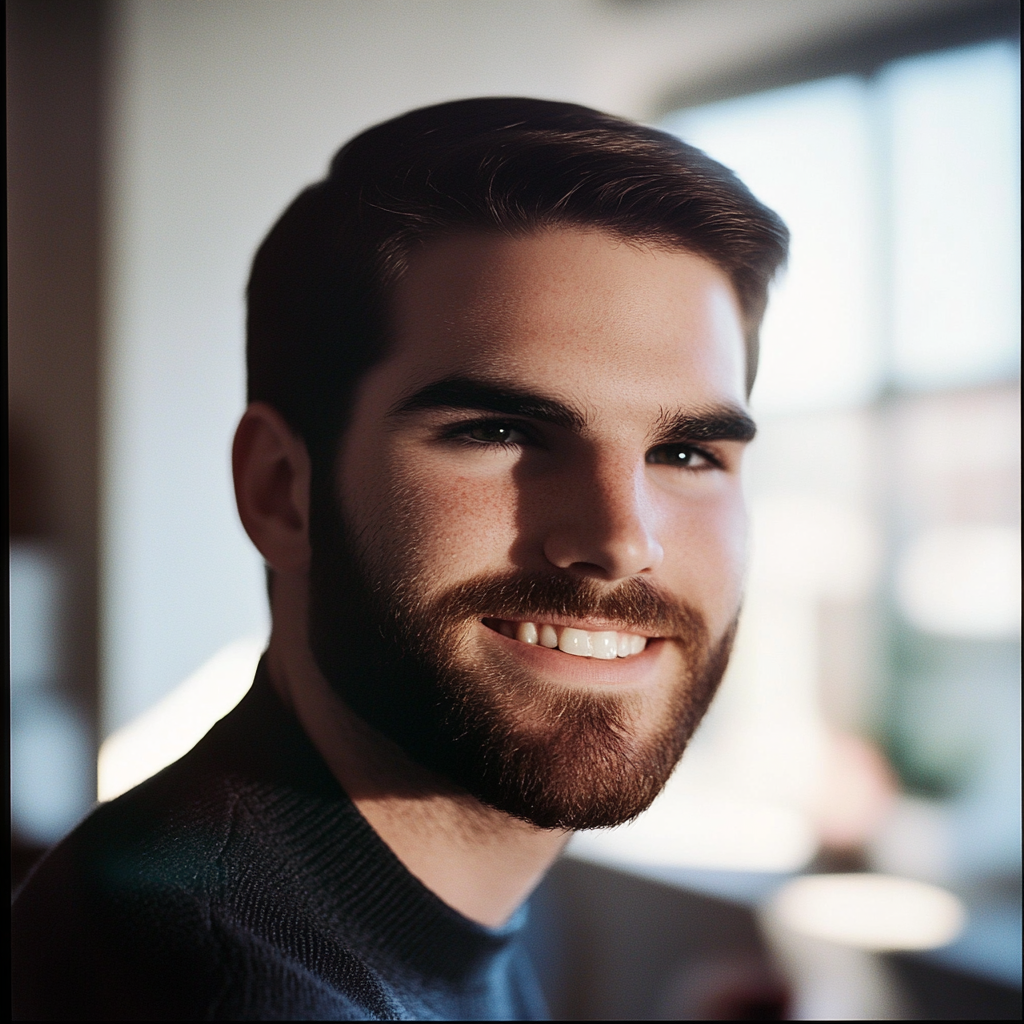
For illustration purposes only | Source: Midjourney
I set the check back on the table.
“I can’t. I thought I could pretend, but even one more day would be unbearable. The truth is… from the very beginning, I’ve been in love with your brother.”

For illustration purposes only | Source: Midjourney
For a moment, Steven said nothing. His jaw tightened, his fingers tapping against the table. I braced for anger, accusations, something. But when he finally spoke, his voice was calm.
“I can’t keep you here. Thank you for the evening.”
His eyes flicked to the check on the table before he pocketed it without a word. Then, without another glance, he walked out, leaving me alone.

For illustration purposes only | Source: Midjourney
***
The following night, just as I was locking up the café, the door opened.
Oliver! He stepped forward, holding something out.
“Take it,” he said, pressing the paycheck into my hands. “Even if we never see each other again. I want to help your father.”
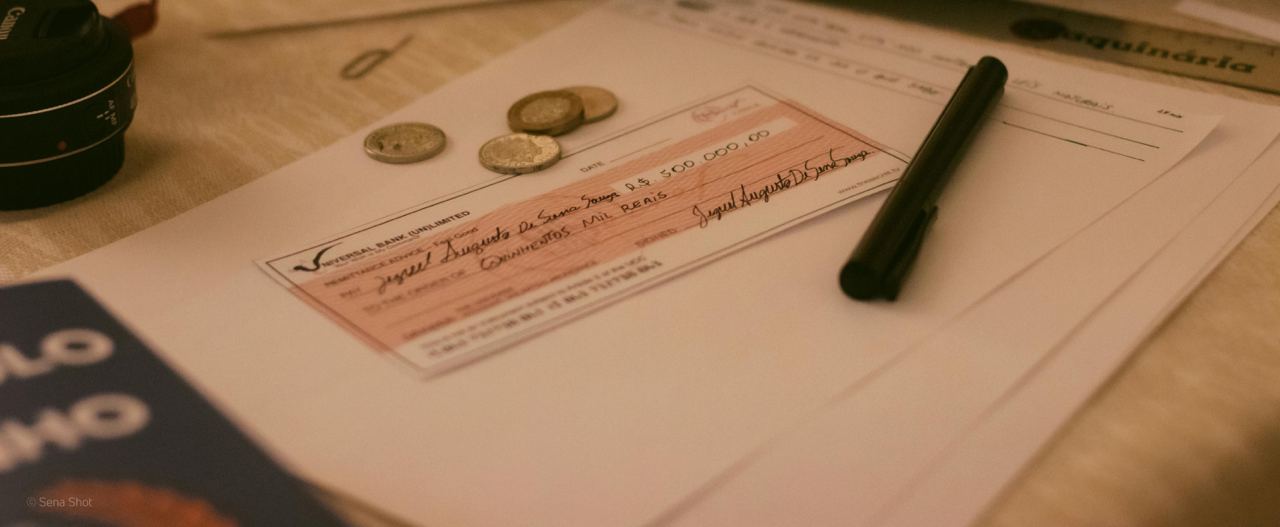
For illustration purposes only | Source: Pexels
He knew. Steven must have told him everything.
“Oliver, I…”
“You didn’t have to lie,” he interrupted gently. “You could’ve just asked. I would have helped. No deals. No charades.”
Tears burned at the back of my eyes. I looked down at the check, then back at him.

For illustration purposes only | Source: Midjourney
“I was always happy when you came to the café. I used to put an extra cookie on your plate, hoping you’d notice.”
“I noticed.”
“I made a desperate choice. I just wanted to help my father…”
“You don’t have to explain. Steven realized his mistake because of how honest you were. And because of that, I get to be here with you now.”

For illustration purposes only | Source: Midjourney
The burden of guilt, of fear, of uncertainty, it wasn’t all gone, but it was lighter. Oliver glanced at the check in my hands, then back at me.
“Come on. Let’s go to the hospital and talk to the doctor about your dad’s treatment.”
I exhaled slowly, feeling the weight of everything settle into something new. Something right. I nodded, letting him take my hand. That time, I wasn’t walking my road alone.

For illustration purposes only | Source: Midjourney
Tell us what you think about this story, and share it with your friends. It might inspire them and brighten their day.
If you enjoyed this story, read this one: The elderly man at my café ordered dinner for two, but no one ever came. When I learned why, I couldn’t walk away. His love had vanished a year ago—without a trace. What I uncovered changed everything.
This piece is inspired by stories from the everyday lives of our readers and written by a professional writer. Any resemblance to actual names or locations is purely coincidental. All images are for illustration purposes only. Share your story with us; maybe it will change someone’s life.

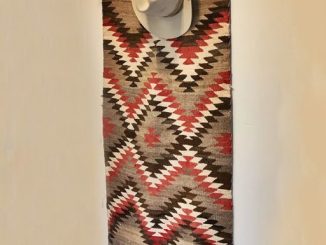

Leave a Reply